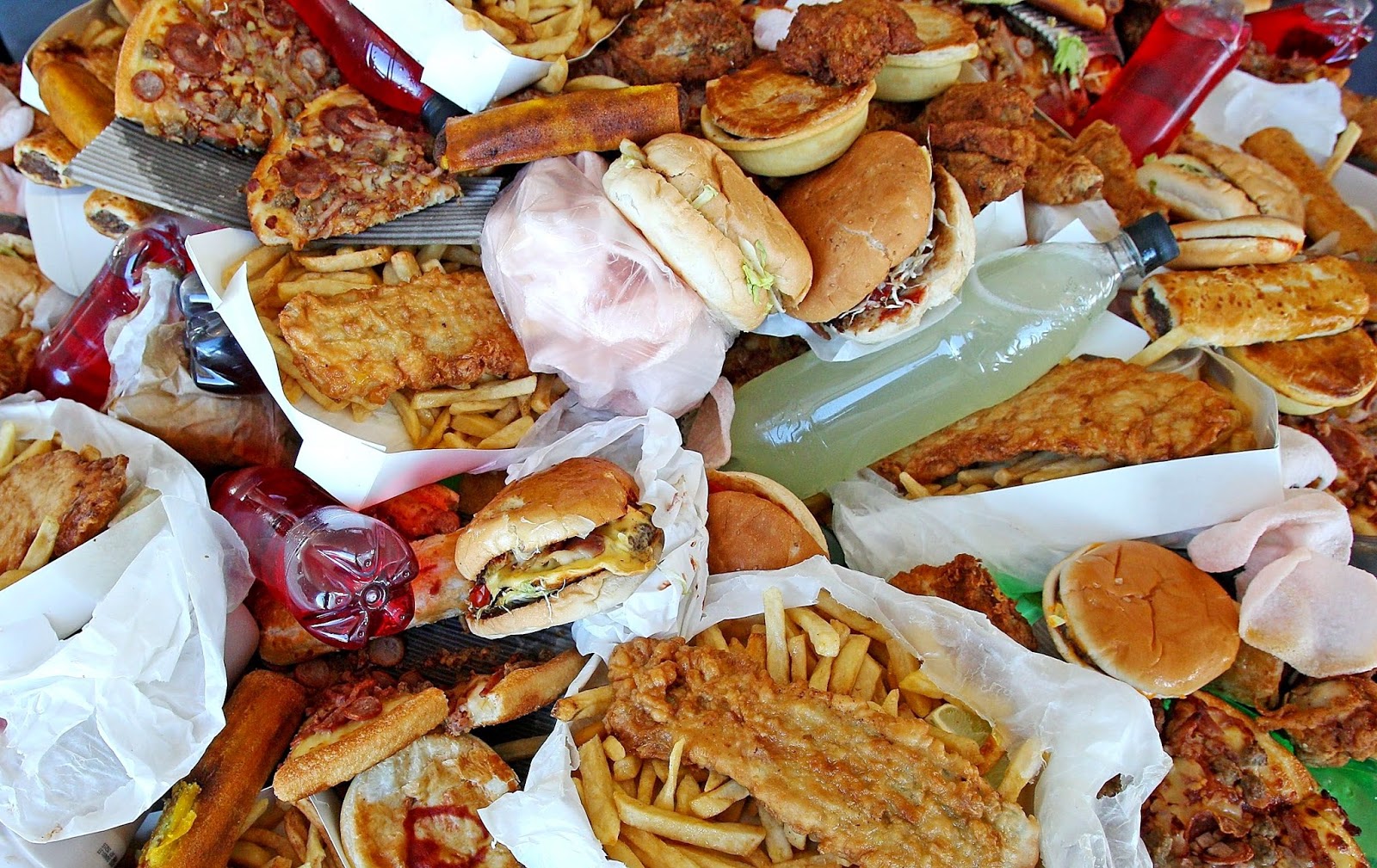“A calorie is a calorie” is an oft-repeated dietary slogan, but is this entirely true?

Calories are a measure of the amount of energy in food. Knowing how many calories are in our food can help us to balance the energy we put into our bodies with the energy we use. Rather than focusing on calories alone, however, emerging research shows that quality is in fact very important in determining what we should eat to achieve and maintain a healthy weight, and that the notion of “a calorie is a calorie” does not tell the whole story.

Calories matter, but focusing on food quality is an equally important part of preventing weight gain and promoting weight loss.
Rather than choosing foods based only on caloric value, think instead about choosing high-quality, healthy foods, and minimizing low-quality foods. Consider quality, not just calories.
Focus on eating high-quality foods in appropriately sized portions.
Consumption of processed foods higher in starches, refined grains, fats, and sugars can increase weight gain, while foods such as vegetables, whole grains, fruits, nuts, and yogurt are associated with weight loss.
Not discounting the importance of calories, instead suggesting that choosing high-quality foods (and decreasing consumption of lower-quality foods) is an important factor in helping individuals consume fewer calories and maintain a healthy weight.
High-quality foods include unrefined, minimally processed foods such as vegetables and fruits, whole grains, healthy fats and healthy sources of protein

Lower-quality foods include highly processed snack foods, sugar-sweetened beverages, refined (white) grains, refined sugar, fried foods, foods high in saturated and trans-fats, and high-glycemic foods
What you eat is important, but behavioural, psychological, and social factors are also important for weight loss.
{Social- Follow me on Twitter @gracious_mi; Intagram: Graciousmi_lifestyle; Like my facebook page (GraciousMi Lifestyle)}











